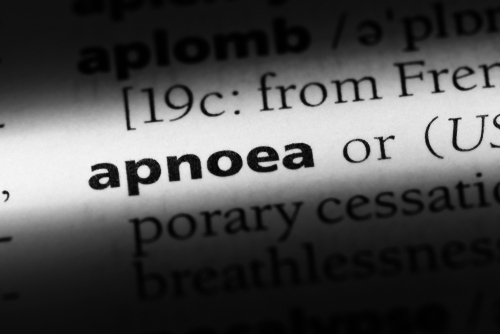Novel tool may improve quality of life for epilepsy patients
IANS Oct 01, 2018
Researchers have developed a new tool that may help neurologists screen for obstructive sleep apnea (OSA) in people with epilepsy -- a disorder in which nerve cell activity in the brain is disturbed, causing seizures.

This study can determine the necessity for treatment, which may result in improved seizure control, reduction in anti-epileptic medications and reduce the risk of sudden unexpected death in epilepsy, the researchers said."Sleep disorders are common among people living with epilepsy and are under-diagnosed," said lead author Martha A. Mulvey from the University Hospital, Newark."Seizures can often be triggered by low oxygen levels that occur during OSA. Sleep deprivation and the interruption of sleep can therefore increase seizure frequency," Mulvey added.
According to the Epilepsy Foundation, approximately 40 per cent of people living with epilepsy have a higher prevalence of OSA that contributes to poor seizure control.For the study, published in the journal Neurology Clinical Practice, the team developed an assessment for identifying OSA, consisting of 12 recognised risk factors. If a patient has at least two risk factors, they were referred for a sleep study.
The risk factors included body mass index (BMI) greater than 30 kg/m2, snoring, choking or gasping in sleep, unexplained night-time awakening, morning headaches, dry mouth, sore throat or chest tightness upon awakening, undue night-time urination, decreased memory and concentration, neck circumference greater than 17 inches, excessive daytime sleepiness, undersized or backward displacement of the jaw and an assessment of the distance from the tongue base to the roof of the mouth.
The team found that out of the 405 patients who were screened for OSA in the electronic health record, 33 per cent had at least two risk factors and were referred for a sleep study. They also found that out of the 82 patients who completed a sleep study, 87 per cent showed at least mild sleep apnea.
-
Exclusive Write-ups & Webinars by KOLs
-
Daily Quiz by specialty
-
Paid Market Research Surveys
-
Case discussions, News & Journals' summaries